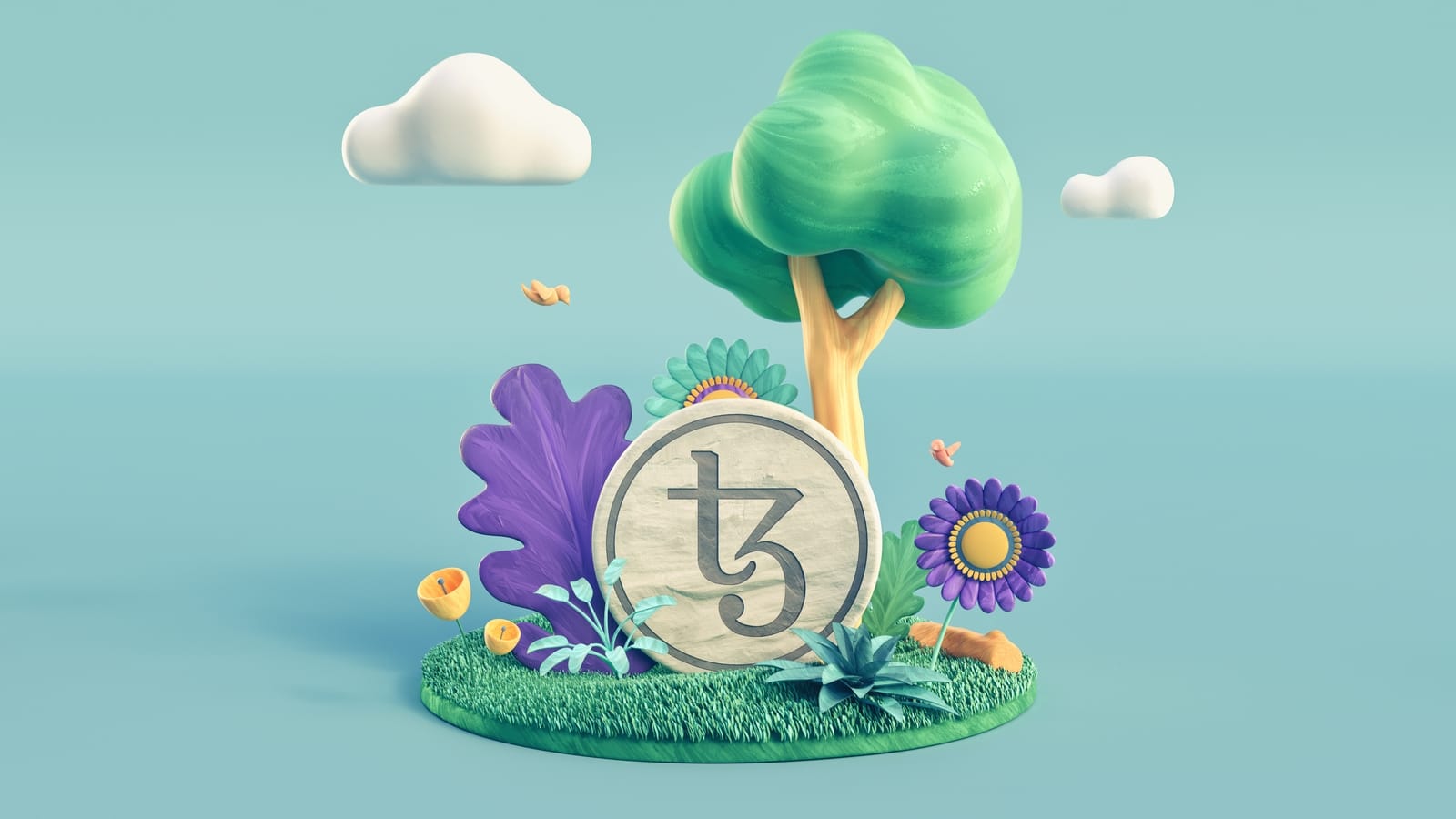IN
IN
JPN
EN
Join Our Communities

To ensure the report’s findings were accurate, Nomadic Labs hired Hélène Lelièvre (Enviroconseil), an LCA professional with a wealth of experience in eco-design and carbon footprint analysis, to conduct an independent critical review. The review occurred in two rounds between June to September 2021 and October and November 2021.
The report, prepared following the methodological requirements of the ISO 14040 and ISO 14044 standards, analyzes the impact and energy indicators based on the environmental flows on IT equipment’s Product Environmental Footprint Category rules. To ascertain its accuracy, an external reviewer, Lelièvre, used ISO 1404 and sample tests as expressed in ISO/TS 14071.
According to the report, the researchers ran one node as a baker, performed a transaction on the blockchain, and consumed one gas unit for a smart contract to study the network’s environmental impact.
Nomadic Labs used the Product Environmental Footprint (PEF) methodology developed by the European Commission’s Joint Research Center to compare the magnitude of the contribution of each potential impact and provide a normalization factor relative to the reference unit.
Also, elemental analyses alongside environmental flow and life cycle impact/energy indicators were carried out to show the greenhouse effect impact and evaluate the consumption of resources, and emission of pollutants to air, water, and land.
The analysis is based on data collected from a panel of bakers from mid-March to end-April 2021, Tezos explorers, bibliographic literature, and recognized LCA databases.



As seen in graphs 1 and 2 above, the number of transactions increased dramatically in 2021. Gas consumption also increased until August 2021, when the Tezos blockchain introduced the Granada protocol. The Granada protocol was the seventh protocol upgrade of the Tezos blockchain and promised to fix several bugs and attend to minor improvements, including gas reduction, faster blocks, and decentralized “liquidity baking” between Tezos and Tezos Bitcoin.
As expected (and now verified), the launch of the Granada protocol saw a reduction in the number of holdings required for proof of stake.
The report showed the relationship between holdings and the energy consumption needed to bake a new block. It explains that the lesser the holdings, the less energy consumption it takes to bake a new block.
The indicative results from the table above considered only the bakers’ nodes and must be considered together with the data, hypotheses, and limitations detailed in the original report. For example, in 2021, running one node for a year as a baker represents around 161 kg CO2 eq., making one transaction on the blockchain 2.46 g CO2 eq. and consuming one gas unit for a smart contract 2.44E-4 g CO2 eq.
In a win for users of the Tezos blockchain everywhere, the report demonstrated that the network’s Liquid Proof of Stake structure proves to be one of the most energy-efficient blockchain candidates around. Its energy efficiency is not only good for the planet but suitable for users, including bakers, artists, gamers, and others using the blockchain to mint NFTs or create smart contracts for uses like DeFi. As indicated by the drop in gas consumption in August 2021, there might be a need to cut down holdings required for proof of stake to save the planet even more.
While this article is only a summary of the report showing the energy efficiency of Tezos blockchain, read the report to discover more insights.
Download and read the information report HERE.